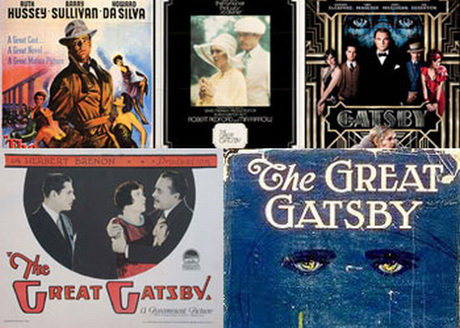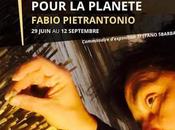

Fuori due anche per gli studenti del Liceo Linguistico! Oggi, giovedì 20 Giugno, gli studenti delle scuole superiori hanno infatti svolto la Seconda Prova degli Esami di Maturità 2013 (vedi qui).
Anche la Seconda Prova, così come la prima, è stata predisposta dal Ministero e, come al solito, varia a seconda dell’indirizzo dell’Istituto: per i maturandi del Liceo Classico c’è la prova di latino, per quelli del Liceo Scientifico c’è la prova di matematica, per quelli del Liceo Linguistico c’è la prova di lingua straniera, per quelli del Liceo Pedagogico c’è la prova di pedagogia, per quelli del Liceo Artistico c’è la prova di disegno geometrico, prospettiva e architettura, per quelli del Commerciale c’è invece la prova di economia aziendale.
Come dicevamo pocanzi, per la Seconda Prova gli studenti del Liceo Linguistico dovevano svolgere, fra le altre cose, la traduzione di un testo inglese.
Il brano scelto è l’inizio del terzo capitolo de “Il Grande Gatsby“, romanzo di Francis Scott Fitzgerald di cui recentemente è uscito un adattamento cinematografico diretto da Baz Luhrmann ed interpretato da Leonardo Di Caprio, Carey Mulligan e Tobey Maguire, quarta trasposizione cinematografica dopo una versione muta del 1926 andata perduta, una seconda del 1949 e una terza, più famosa, del 1974.
Qui di seguito ecco il brano della traccia in lingua inglese seguito dalla traduzione.
Il Grande Gatsby – Incipit Capitolo 3
There was music from my neighbor’s house through the summer nights. In his blue gardens men and girls came and went like moths among the whisperings and the champagne and the stars. At high tide in the afternoon I watched his guests diving from the tower of his raft, or taking the sun on the hot sand of his beach while his two motor-boats slit the waters of the Sound, drawing aquaplanes over cataracts of foam. On week-ends his Rolls-Royce became an omnibus, bearing parties to and from the city between nine in the morning and long past midnight, while his station wagon scampered like a brisk yellow bug to meet all trains.
And on Mondays eight servants, including an extra gardener, toiled all day with mops and scrubbing-brushes and hammers and garden-shears, repairing the ravages of the night before.
Every Friday five crates of oranges and lemons arrived from a fruiterer in New York-every Monday these same oranges and lemons left his back door in a pyramid of pulpless halves. There was a machine in the kitchen which could extract the juice of two hundred oranges in half an hour if a little button was pressed two hundred times by a butler’s thumb.
At least once a fortnight a corps of caterers came down with several hundred feet of canvas and enough colored lights to make a Christmas tree of Gatsby’s enormous garden. On buffet tables, garnished with glistening hors-d’oeuvre, spiced baked hams crowded against salads of harlequin designs and pastry pigs and turkeys bewitched to a dark gold. In the main hall a bar with a real brass rail was set up, and stocked with gins and liquors and with cordials so long forgotten that most of his female guests were too young to know one from another.
By seven o’clock the orchestra has arrived, no thin five-piece affair, but a whole pitful of oboes and trombones and saxophones and viols and cornets and piccolos, and low and high drums. The last swimmers have come in from the beach now and are dressing up-stairs; the cars from New York are parked five deep in the drive, and already the halls and salons and verandas are gaudy with primary colors, and hair shorn in strange new ways, and shawls beyond the dreams of Castile. The bar is in full swing, and floating rounds of cocktails permeate the garden outside, until the air is alive with chatter and laughter, and casual innuendo and introductions forgotten on the spot, and enthusiastic meetings between women who never knew each other’s names.
The lights grow brighter as the earth lurches away from the sun, and now the orchestra is playing yellow cocktail music, and the opera of voices pitches a key higher. Laughter is easier minute by minute, spilled with prodigality, tipped out at a cheerful word.
The groups change more swiftly, swell with new arrivals, dissolve and form in the same breath; already there are wanderers, confident girls who weave here and there among the stouter and more stable, become for a sharp, joyous moment the centre of a group, and then, excited with triumph, glide on through the sea-change of faces and voices and color under the constantly changing light.





